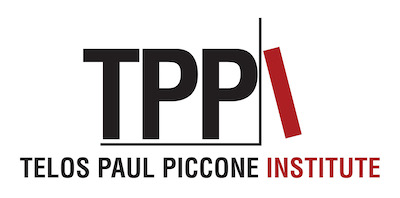The following essay originally appeared in German in Bahamas 94 (Spring 2024). Translated by Xuxu Song.
 For decades now, everything has been known about Rudolf Höss and his ostensible double life as both an enforcer of the Holocaust and a loving family man. Robert Merle’s 1953 roman à clef Death Is My Trade was based in part on publicly accessible notes that Höss had composed while in prison for war crimes. Pictures of the affable Mr. Höss with his wife and colleagues appeared in Alain Resnais’s 1956 film Night and Fog. The testimony of prison psychologist Gustav M. Gilbert, who had spoken with Höss at length in Nuremberg, came up in 1961 during the Eichmann trial. Höss’s autobiographical notes were published by DTV in 1963 under the title Commandant of Auschwitz. Things got especially German in 1977 when the film Death Is My Trade—the German title translates as Excerpts from a German Life—by Theodor Kotulla, based on Robert Merle’s novel and starring the prominent actor Götz George, the son of two celebrated German thespians, was released in German cinemas. A review from the Catholic magazine Filmdienst in December 1977, and quoted on Wikipedia, revealingly states:
For decades now, everything has been known about Rudolf Höss and his ostensible double life as both an enforcer of the Holocaust and a loving family man. Robert Merle’s 1953 roman à clef Death Is My Trade was based in part on publicly accessible notes that Höss had composed while in prison for war crimes. Pictures of the affable Mr. Höss with his wife and colleagues appeared in Alain Resnais’s 1956 film Night and Fog. The testimony of prison psychologist Gustav M. Gilbert, who had spoken with Höss at length in Nuremberg, came up in 1961 during the Eichmann trial. Höss’s autobiographical notes were published by DTV in 1963 under the title Commandant of Auschwitz. Things got especially German in 1977 when the film Death Is My Trade—the German title translates as Excerpts from a German Life—by Theodor Kotulla, based on Robert Merle’s novel and starring the prominent actor Götz George, the son of two celebrated German thespians, was released in German cinemas. A review from the Catholic magazine Filmdienst in December 1977, and quoted on Wikipedia, revealingly states:
The interchangeability of collective thinking and The Enemy becomes frighteningly clear in Kotulla’s emotionless psychohistorical analysis….In Kotulla’s film, political and moral superficiality and the volatile idea of “peace, order and above all cleanliness,” irrationally propagated as the highest value in itself—under this pretext, up to 9,000 people were sent into the “shower room” every day in Auschwitz—rightly appears as the main cause of the totalitarian abuse of power, which is why it can continue to function openly or covertly worldwide in various forms and ideological guises. In this respect, this fact-oriented fiction is a lesson that every teacher, especially every history teacher, should discuss with young people.
Even back then, the pedagogical lesson lay in the notion that Auschwitz merely provided the backdrop for vague musings about man’s responsibility for his actions in times of unfreedom.
Read the full article at the Telos Insights website.




